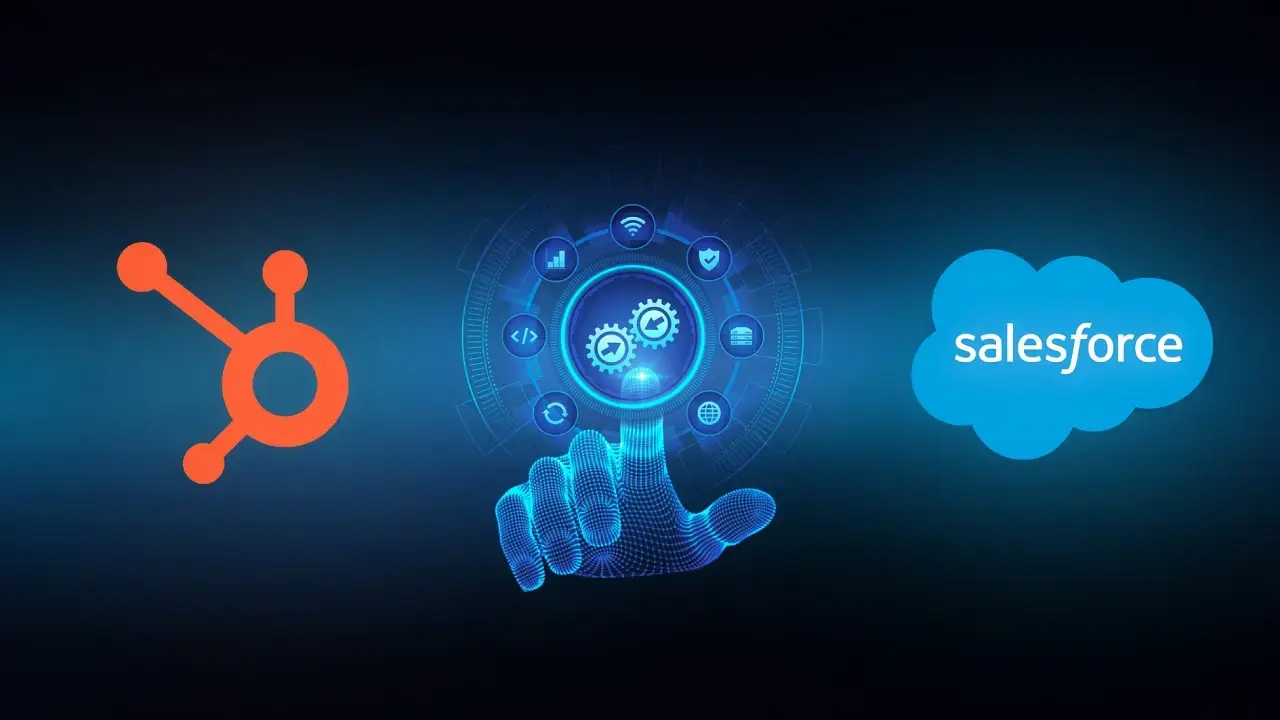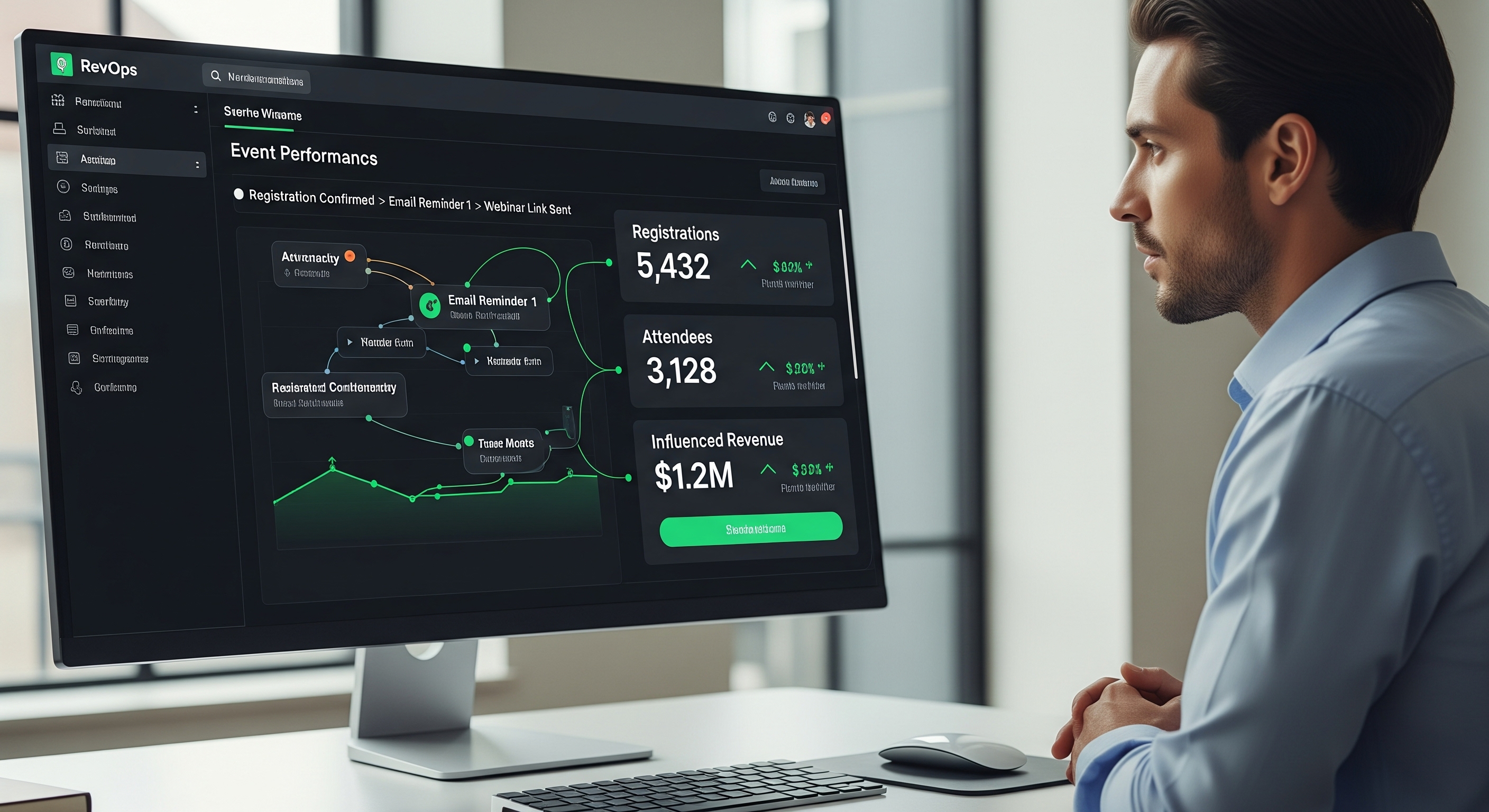
As a smart business owner, you want to be on top of things at all times. It can be frustrating when despite doing everything right, your business is fragmented, the data doesn’t make any sense, and your teams are unable to collaborate effectively.
Every team member can be an Avenger when there’s a Nick Fury to assemble them. So are you up for that title or not? 😉
The first step towards improvement is realizing that you’d be SO much better off once you integrate your databases across multiple platforms.
For starters, a HubSpot & ERP integration would work wonderfully for your business.
HubSpot is a versatile CRM and marketing automation platform, and it makes your life just that much easier. It makes perfect sense to want to avail its full potential by combining it with other tools you use, as HubSpot offers so many seamless integration solutions.
Don’t believe us?
Read our blog on how one of our partner agencies was able to efficiently manage its workload by leveraging HubSpot in this case study.
So tighten your seatbelt, we are on an adventure!
But before we move on to the good stuff, let’s make sure you know exactly what an ERP does.
Source: Giphy
What is ERP?
ERP (or Enterprise Resource Planning) is a software system used primarily for finance and accounting, supply chain management, manufacturing, and sometimes even payroll.
Needless to say, an ERP system stores databases that can provide valuable insights into customer purchasing behavior and even inventory monitoring. These insights can be utilized by the sales and marketing teams to drive company growth.
For example, an ERP would store information like the number of purchases a customer has made in the last month as well as their contact details. It would also store information about the company’s expenditures and revenue.
Source: Flickr
Imagine this…
Your marketing team is planning a campaign for the next season of sales. They are brainstorming ideas, observing your competitors, and strategizing their first move. But they have no idea who your existing customers are.
Information about your customers sits comfortably in your ERP system, while your marketing team shoots in the dark. Sounds pretty stupid, right?
Your marketing, sales, and customer support teams will always need demographic information about your customers and their purchase history - so why not make that information more accessible to these teams?
For example, Sarah buys 200 T-shirts from a company that uses an ERP system as well as HubSpot. All her contact details as well as the invoice of her purchase will be stored in the ERP system.
Colin is a sales representative who uses HubSpot to drive bigger sales every year. He wants to pitch a new product to Sarah. For him to be able to see Sarah’s past purchasing behavior and even her contact information, an integration between the ERP system and the company’s HubSpot account will help immensely.
HubSpot and ERP integration for RevOps
For RevOps leaders like you, the alignment of several different business functions is of utmost importance. For you, HubSpot’s seamless integration is a godsend. HubSpot not only lets you share access with your entire team to some of your most important databases but also provides you with valuable tools to automate your marketing activities.
When you combine HubSpot's capabilities and deep insights on customer behavior with your ERP system, you achieve a truly holistic picture of your business and can play to your team’s strengths.
Source: Giphy
How can ERP integration Help You Achieve Your RevOps Goals
Integrating your ERP with HubSpot will allow you to visualize your business in ways you could never imagine. So allow me to paint you a picture:
- Say goodbye to siloed data: One of the major issues with not integrating HubSpot with your ERP software is having two sets of data that are handled by several teams. This doesn’t only complicate things, it also creates friction for the employees when they’re collaborating across functions. Integration is the way to go if you want everybody to be on the same page.
- Achieve a more wholesome view of your business: When all of your data across all functions is in one place, it paints quite the picture. It will help you visualize your business in the most holistic way possible, and you won’t have to juggle between two entirely disconnected platforms to make sense of what’s going on.
- Integrated data makes more sense: Let’s just cut to the chase - you’re not losing anything by integrating HubSpot with your ERP. Your data will still be safe and secure, and your employees will be able to be more productive and collaborative - why miss out on such a sensible opportunity when you don’t have to?
Integration is a powerful tool that helps us in our day-to-day lives. After all, don’t we all love it when Google Calendar reminds us exactly when our meetings are due? If it makes sense for us on a personal level, then it makes sense on a professional level as well. Integration provides much-needed context to data. - Access your data on the go: If perfect sync between teams is possible, why would you choose not to do it? HubSpot & ERP integration will bring your teams on the same page and remove unnecessary friction. Additionally, real-time data will be available to everyone.
- Share ONLY the data you want: Not only can you share data across multiple functions, you can even choose to NOT share certain data that you think should remain proprietary to one team alone. You have complete control over what you choose to share.
- No loss of historical data: If you’re concerned about the possible loss of historical data while migration and integration, worry not. Existing data will sync on the get-go, while fresh data will continue to sync automatically.
Things to ensure when integrating HubSpot with ERP:
- Ensure that you know the purpose of the integration: Before you start working on the integration, it is important to understand your client’s expectations from this implementation so you can predetermine a suitable data framework. For example, does the client want historical invoicing data for the sales representative to analyze?
Or do they want prior data to create an integrated report? Understanding these requirements will enable you to focus on key data points that need to be covered so data can flow without issue. Ensure that you map these predetermined fields between HubSpot and the ERP system for seamless integration. - Choose the method of integration: HubSpot already offers local implementations for several ERP apps. You would need to figure out whether a native implementation like that is ideal for your client.
If not, you may need a third-party integration solution (like ERP Bridge or Zapier for instance). Knowing this would help you offer an accurate budget to your client.
Source: ERP Bridge
- Implement automated workflows: Automated workflows that tie the ERP system to your HubSpot ensure that information flows across these systems seamlessly. For example, if a new customer’s invoice is generated in your ERP, the data can then show up on HubSpot for your sales representatives and marketers to utilize.
- Compliance: You must ensure that there are robust security measures in place to protect potentially sensitive data. When dealing with customer data, ensure that you are complying with rules laid down by relevant regulatory bodies.
- Clean your data: Integrations are a good time to make a fresh start - which means your data should not be contaminated. Over time, businesses tend to accumulate data that is incorrect, outdated, or irrelevant. An integration event is the perfect opportunity to thoroughly audit your data.
- Provide training and support: A lot of times the actual end-user experience gets lost in technical jargon. Always remember that a team of actual people will benefit from your services and they may need additional support even after you have delivered what was required. Be ready to answer any questions or even train your clients to help them use the platform that you build.
- Monitor and optimize: Again, your job does not end when you deliver - you would need to monitor performance to ensure there are no loopholes and everything works just the way you imagined.
Conclusion
Do you like saying no to good things? I am assuming you don’t. Integrating your ERP with HubSpot is like adding an innocent dash of non-fat dressing to your salad. It makes everything better and there are no downsides.
Integrating your HubSpot and ERP will streamline your processes, remove friction between teams, and help align all your functions toward continuous growth.
So what are you waiting for? 😉
For a seamless ERP-HubSpot integration that works just how you wish, reach out to our experts at RevX. We’d love to understand your requirements and provide meaningful assistance.
P.S.- Read our extensive resources about HubSpot-Stripe integration and HubSpot-Zoominfo integration.
 Dashboards and analytics
Dashboards and analytics



.webp)





